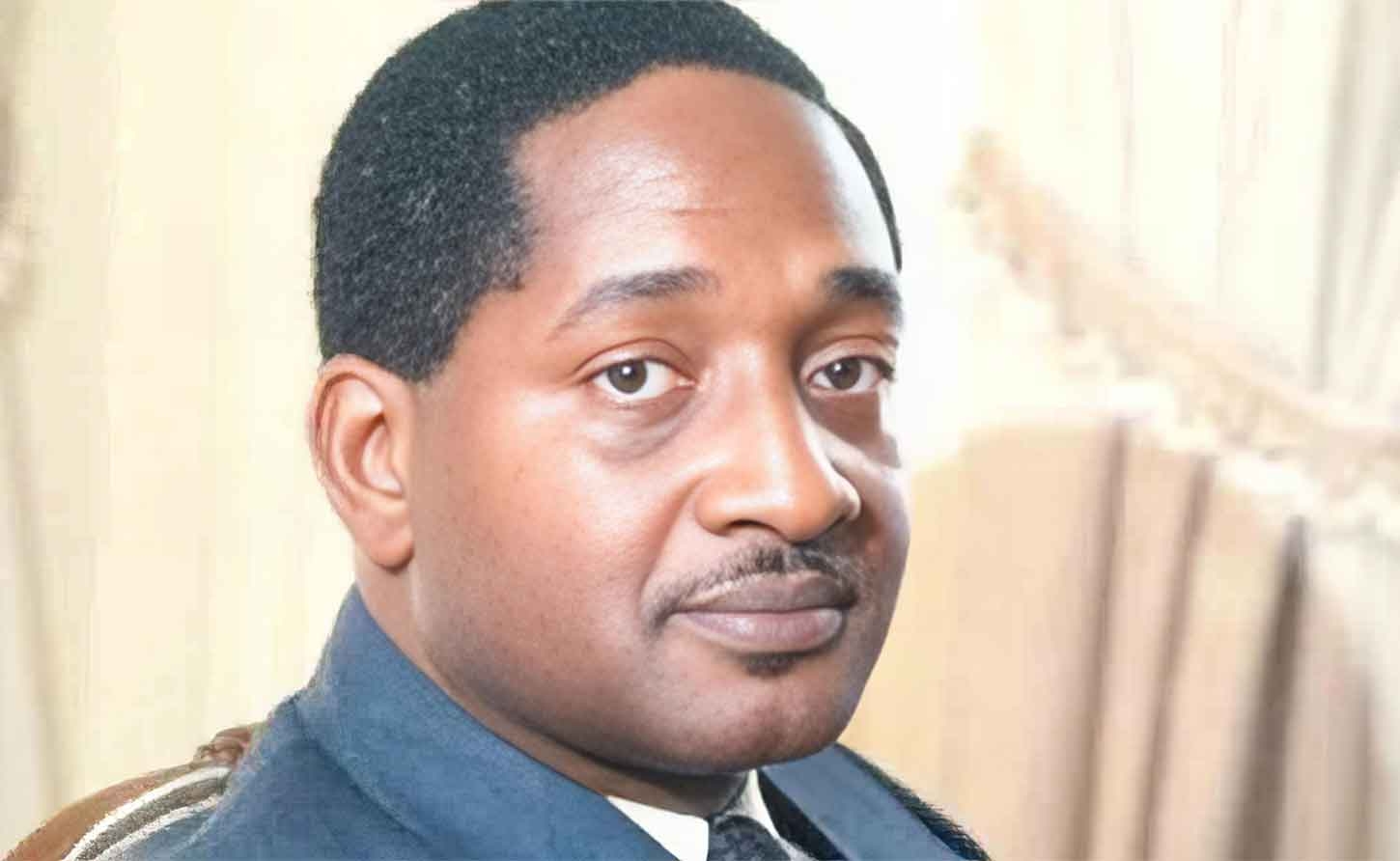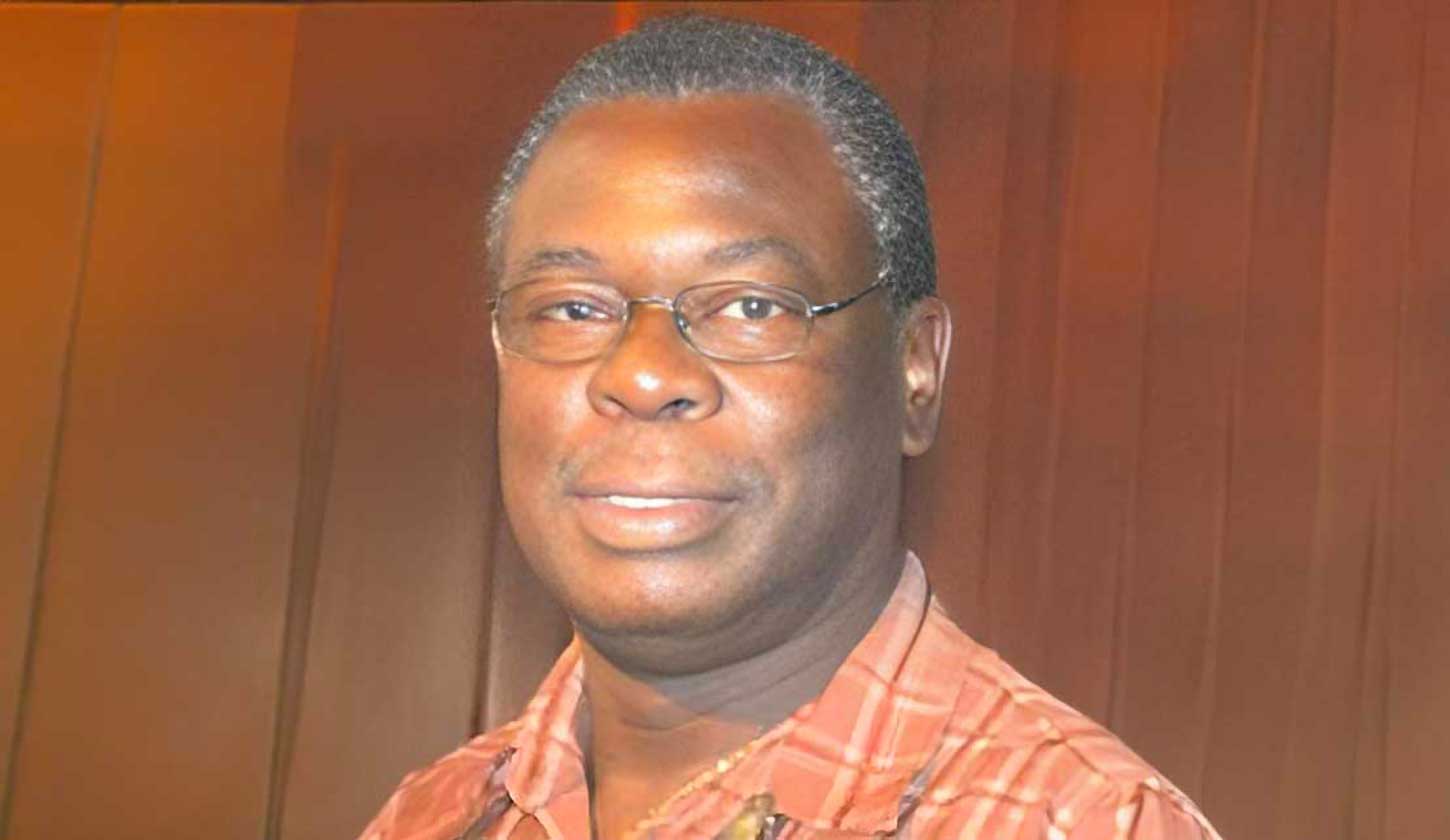GUYANA | Adam’s notebook - Linden Forbes Sampson Burnham Remembered

GEORGETOWN, Guyana, August 6, 2025 - Forty years ago today, Linden Forbes Burnham, the man credited as the Father of the Nation, died at the Georgetown Public Hospital. He was only 62 but he left a legacy so large that forty years after his death the present government is seeking credit for free education in Guyana.

He was preparing to address the biennial congress of the party he founded, the People’s National Congress.
His heart did not withstand the anaesthetic and he died on the operating table. However, before he died he had set Guyana on a path to development.
The country did not have the kind of money that is flowing in certain circles like water.
In the early 1970s, Guyana was cash strapped. It could not pay for certain imports, one of them being flour.
That situation led to him being accused of banning flour. This fallacy is still being peddled by many who actually benefited from the policies he introduced in the wake of that situation.
In the same way there are many who actually believe that the ruling People’s Progressive Party is responsible for free education in Guyana, people cannot understand that most of what adorns their table resulted from Burnham’s policy.
Education was free in Guyana from 1976. Bharrat Jagdeo is one beneficiary. Burnham paid for his education in Moscow.
The Western world was not kind to Burnham. He always said that when Guyana gained its independence it got a wooden handshake from Great Britain. He looked at neighbouring Suriname that got a golden handshake when it gained its independence from the Netherlands.
Suriname got tons of money, Guyana got nothing.
Back then, Guyana imported just about everything. Salted beef, salt fish, the fruit that went into the making of those cakes that are popular at Christmastime, and the large volume of fruits and vegetables that people now take for granted.
Burnham contended that with the abundance of fish in the local waters there was no need to import foods like sardines, and salt fish. There was no need to import potatoes when this country had an abundance of root crops.
It is not by accident that apples are not the fruit of choice. Burnham always said that he could not understand why people sought apples when there was so much mango, pineapples; just name it and Guyana had it.
A week ago I happened to be in New Jersey heading to Brooklyn. At the side of the road there were some Latinos selling genip. A small bag went for five dollars and people were buying. Imagine Guyanese buying $1,000 worth of genip in a small plastic bag.
Needless to say, there were those who claimed that Burnham was depriving Guyanese of split peas, a key ingredient in dhal. This became a political issue. It mattered not that Burnham repeatedly said that split peas were not the only peas that make dhal.
Today, an Indian restaurant on Sheriff Street insists that people be specific about the kind of dhal they want. There is green dhal, dhal made from peas called mung and black in colour. There is also yellow dhal.
But such was the political spin that there were people who believed that without split peas they would die.
Local farmers capitalized on the ability to grow peas of many varieties and make tons of money. Burnham put money into the pockets of money.
Despite these facts and forty years after his death, he is being blamed for every conceivable ill in this society. People talk about the absence of a housing programme when it was Burnham who fashioned the majority of the housing communities in Guyana, without oil money.
His was the motto that Guyana should feed, house and clothe itself. Cotton became a crop that went into making school uniforms, bedsheets and so many things. But the material became known in certain circles as Burnham bedding.
Hunger was at an all-time low during the Burnham years because people had food in their backyards. Children learned in school because their mental development was far superior to what operates today.
To really understand the difference in the quality of education one only needs to go into the archives and compare the quality of writing in the press to what passes for reporting today.
There were schools that pandered to skills development. Burnham recognized that not everyone was academically inclined. Those multilateral schools and industrial training centres are mere shells of what once existed.
Roads built in those days lasted as long as twenty years without the need for repairs. The Soesdyke-Linden Highway and the Corentyne Highway were just two. Today, Guyana is lucky if a road lasts six months.
The Demerara Harbour Bridge built in 1978 and destined to last for twenty years was mocked at. One wit declared that it should be named Viola’s passage. That bridge is still operational more than fifty years after it opened.
Whenever it collapsed there was untold suffering for those who lived on either side. The critics had gone silent. But then again, it was fashionable to criticise everything that Burnham did.
For all the wealth that the present government has, it has done nothing to match what Burnham did in Guyana, and in less time.
The law was the law. Burnham did not hesitate to jail those who ran afoul of it. It mattered not that they were members of his party or supporters. He jailed a Chief Education Officer following his conviction for exercise book fraud.
He set about to prosecute his Remigrant Officer for corrupt practices. The officer died before he could go to trial. He allowed the Ombudsman to proceed against his government Ministers. No one was above the law.
Today the Burnham critics protect the corrupt. They selectively refer to the sanctions applied by the United States even as they keep some of those sanctioned close to their bosoms.
-30-
